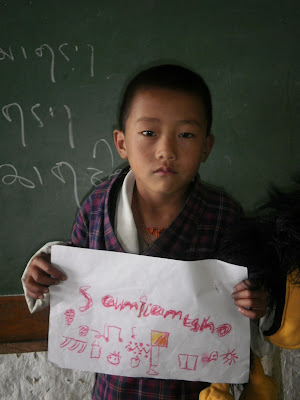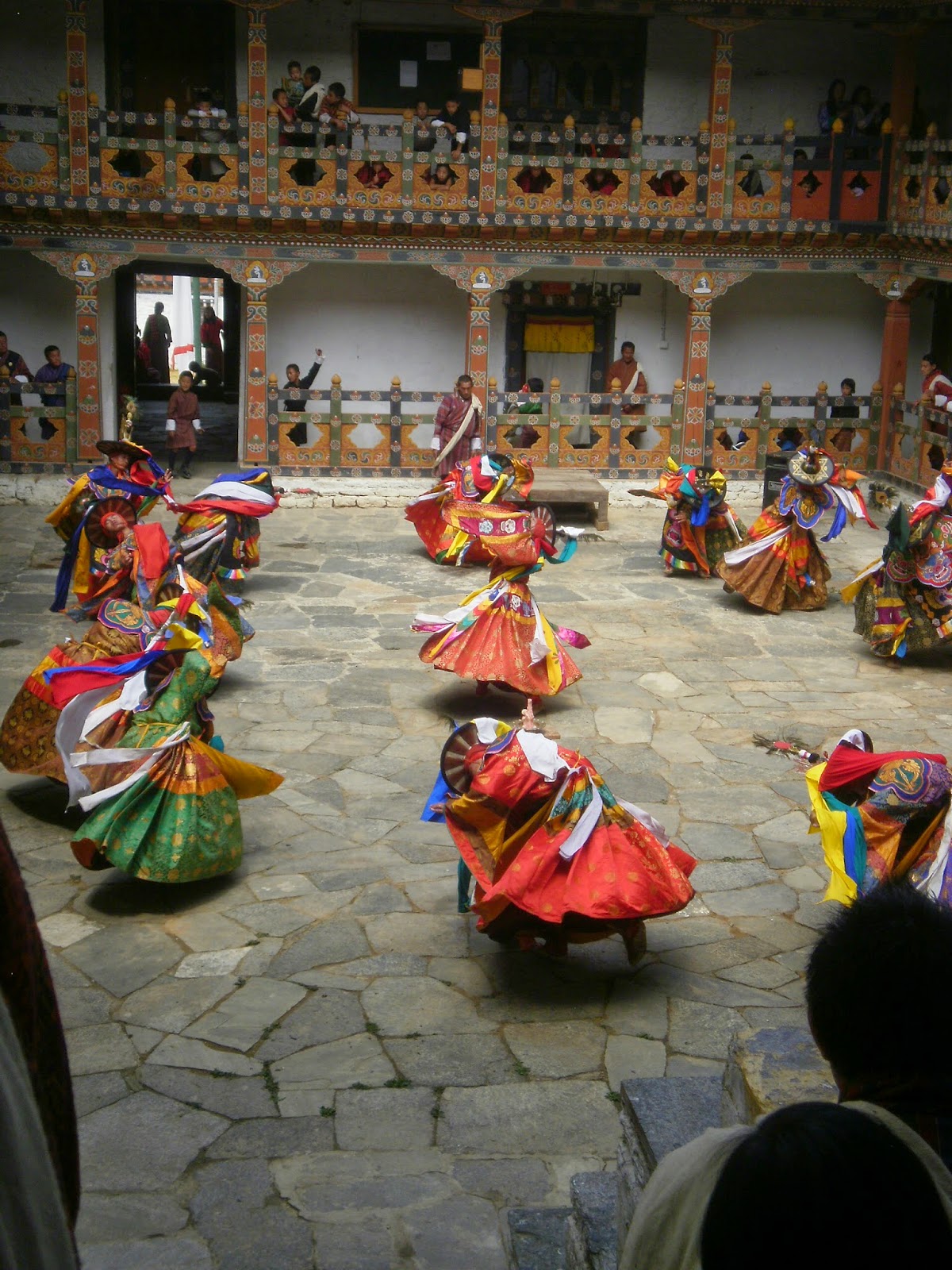Hi
there! Joe Crow here. How are you?
I've
been keeping very busy lately, the rains are slowly stopping and I've
been out looking for as many small frogs as I can eat! There are lots
of them around at the moment. There are also lots of tasty, sugary
fruits on the trees too. The human children here love to pick and
snack on them.
But
did you know that sugar – yes, even the natural sugar that is in
fruit – can be very bad for your teeth? If you eat too many sugary
things or keep them in your mouth too long, the sugar can make holes
in your teeth. These holes, also called cavities,
can be very painful. Here in Samey, the children are no different
from children all over the world. They love sweets and chocolates!
There's nothing wrong with that of course, but it can cause those
problems if you don't look after your teeth properly.
Unfortunately, when a dentist came
to visit our school, he found that many of the children do have
problems with their teeth. There were some cavities, and many
children had to have teeth removed because they had become rotten.
This made me feel very sad for the children. It is especially sad if
this happens to your 'big teeth', the new ones that come when wobbly
teeth fall out. These big teeth are permanent, which means you will
have them forever. If you have one taken out, you'll never grow
another one back.
 Crows don't have teeth, but I'm always
careful to keep my beak clean and shiny! It should be the same for
all children with their teeth. You need to brush your teeth with
toothpaste twice a day, and make sure you brush each tooth! Sadly for
some of the children at Samey Primary School they have difficulty
being able to get toothbrushes and toothpaste. Also, some of them
have not had much experience learning about how to look after their
teeth.
Crows don't have teeth, but I'm always
careful to keep my beak clean and shiny! It should be the same for
all children with their teeth. You need to brush your teeth with
toothpaste twice a day, and make sure you brush each tooth! Sadly for
some of the children at Samey Primary School they have difficulty
being able to get toothbrushes and toothpaste. Also, some of them
have not had much experience learning about how to look after their
teeth.
But
thanks to my good friends at Pashley Down Infant School in England,
we have a new project called Bright
Smiles!
Every
child at Samey now has their very own toothbrush! Also, the school
has lots and lots of toothpaste as well as many replacement brushes
for when the children need to change. The kind children and parents
from Pashley donated toothbrushes which were sent in the post all the
way to Bhutan, as well as some money to buy toothpaste. My teacher
friend, Mr. MacInnes is making sure that all the children learn how
to brush properly and take care of their teeth. He invited a dentist
to come and give a special workshop to the children and to show them
the best way to brush.
 Each child keeps their toothbrush in
the school and brushes their teeth at least once during the school
day. Hopefully they will continue to have bright smiles for a long
time into the future!
Each child keeps their toothbrush in
the school and brushes their teeth at least once during the school
day. Hopefully they will continue to have bright smiles for a long
time into the future!
They look really happy with their
brushes, don't they?
Speak to you soon, and remember to
keep your teeth clean and bright!
Joe :)
Joe :)

















































